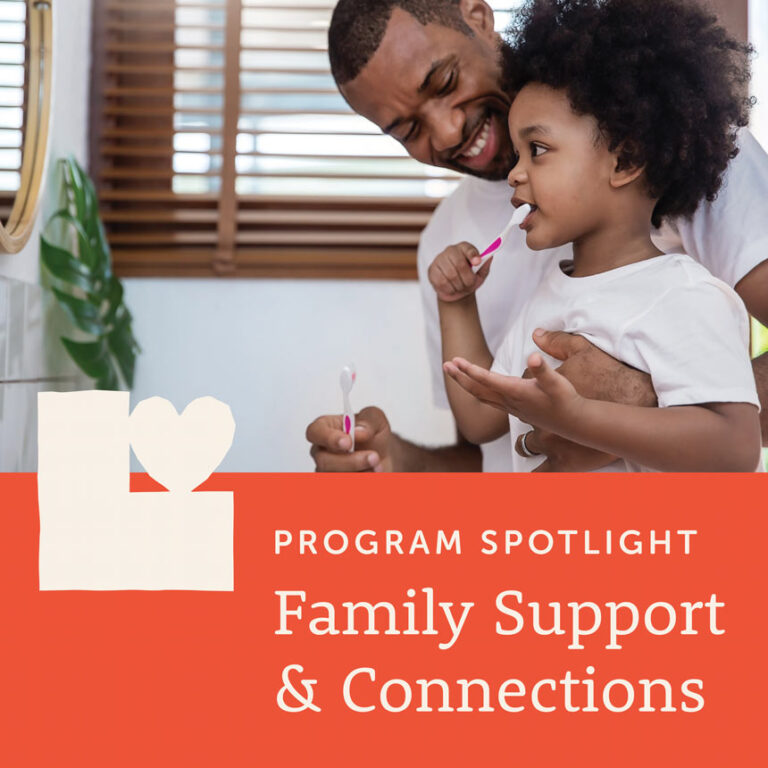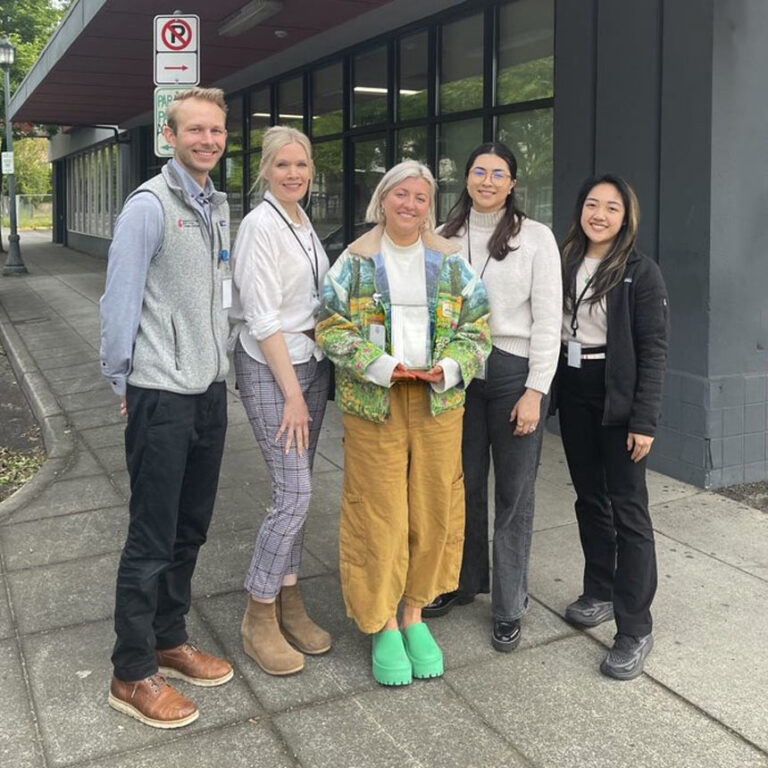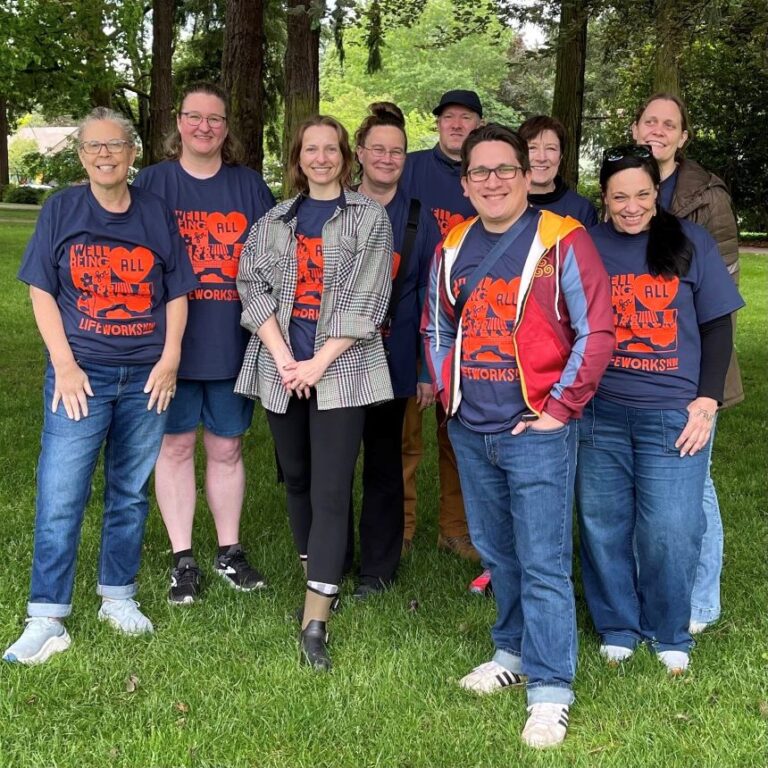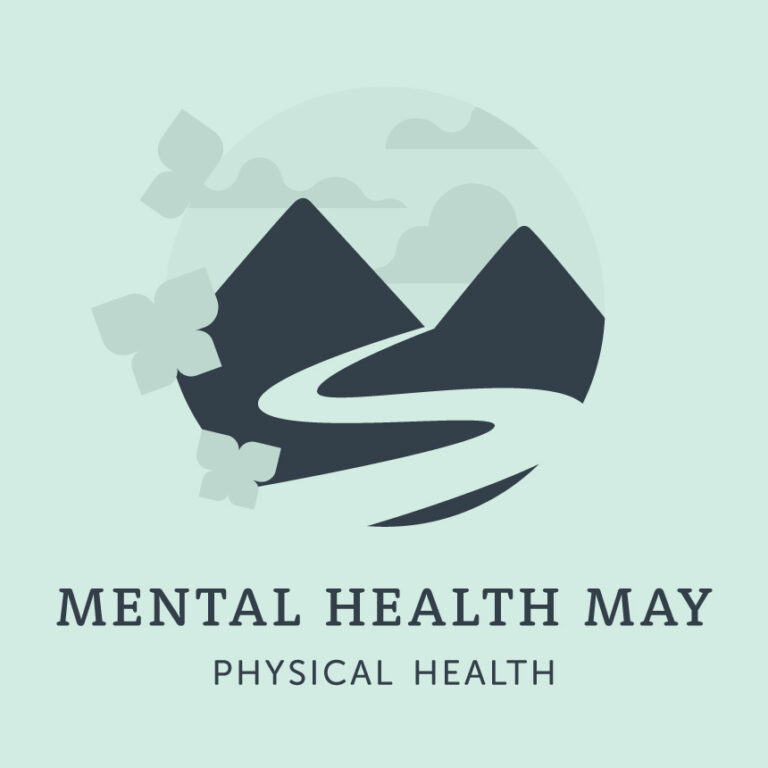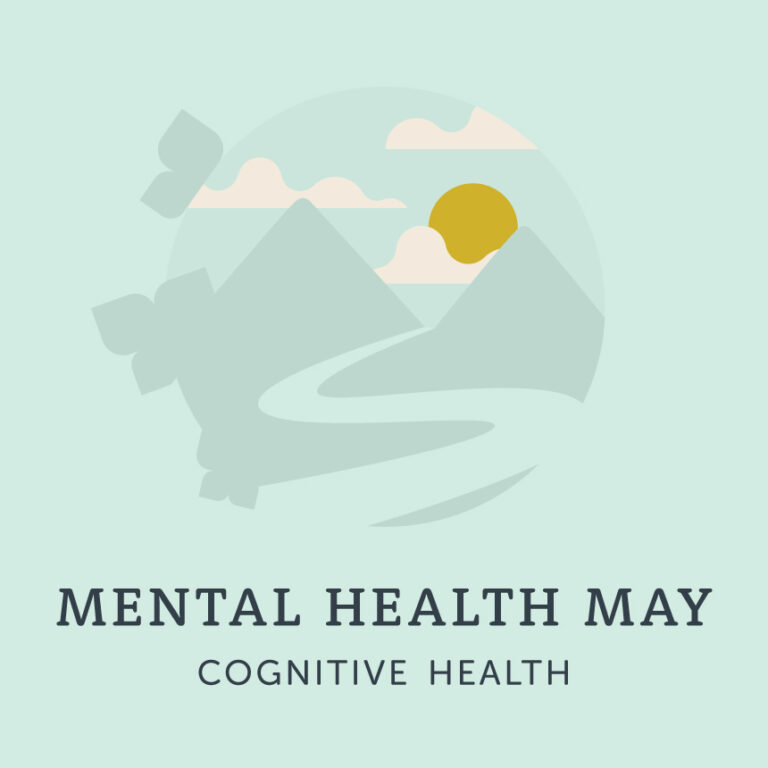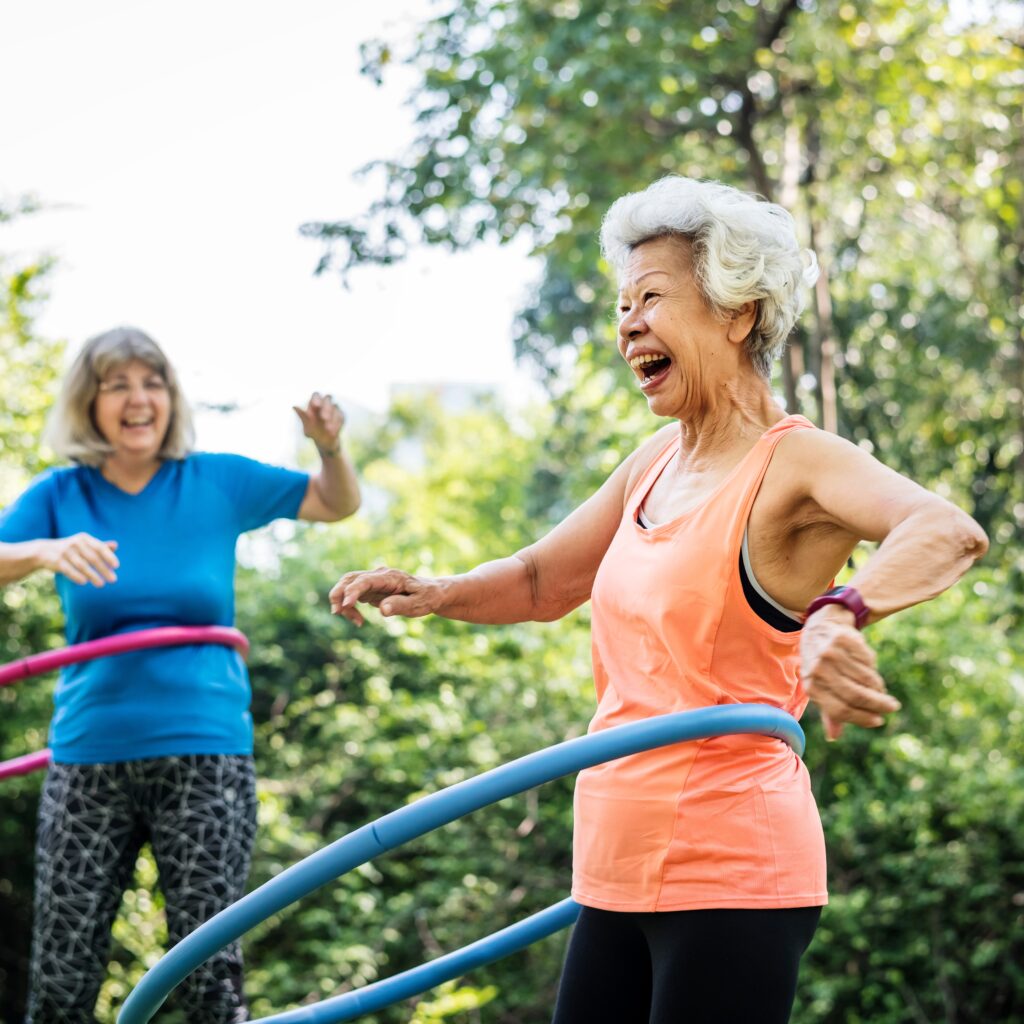
Every May, the Administration for Community Living (ACL) observes Older Americans Month, a time to recognize the diverse experiences of our elders and combat stereotypes about what it means to age. The month was established in 1963 by President John F. Kennedy, when it was first called “Senior Citizens Month.” During this month, President Kennedy asked that all Americans pay tribute to the older people in their communities. This year marks the month’s 60th anniversary.
While many world cultures place an emphasis on honoring our elders, in the US, that’s not always the case. Some harmful stereotypes about older adults include the ideas that they contribute little to society, they are unwilling or unable to learn and change, and that they are unable to live independently or make their own decisions.
Research has shown that exposure to these ageist stereotypes can negatively affect older adults’ performance on physical and mental tasks, creating “self-fulfilling prophecies.” These negative stereotypes may also impact the quality of care they receive from medical providers. However, positive stereotypes can boost older adults’ willingness to accept medical intervention and ability to maintain a healthy and active lifestyle.
As with any other age group, adults ages 60 and older may face mental health challenges. The World Health Organization estimates that 15% of older adults struggle with a mental disorder, with depression being the most common. Risk factors for developing a mental health issue at this age include:
- Reduced mobility, chronic pain or other health problems.
- Life changes, such as retirement or the death of a loved one.
- Elder abuse and neglect, which affect as many as 1 in 6 older adults.
However, depression isn’t an inevitable outcome of aging – when symptoms of depression are taken seriously and their causes are addressed, older adults can thrive. This year, the Older Americans Month theme is “aging unbound.” The ACL wants to spend this month promoting flexible thinking about aging – finding ways to help older Americans remain engaged, independent and included in their communities. The organization wants to remind all of us that aging is an opportunity to find fulfillment by paving our own paths.




